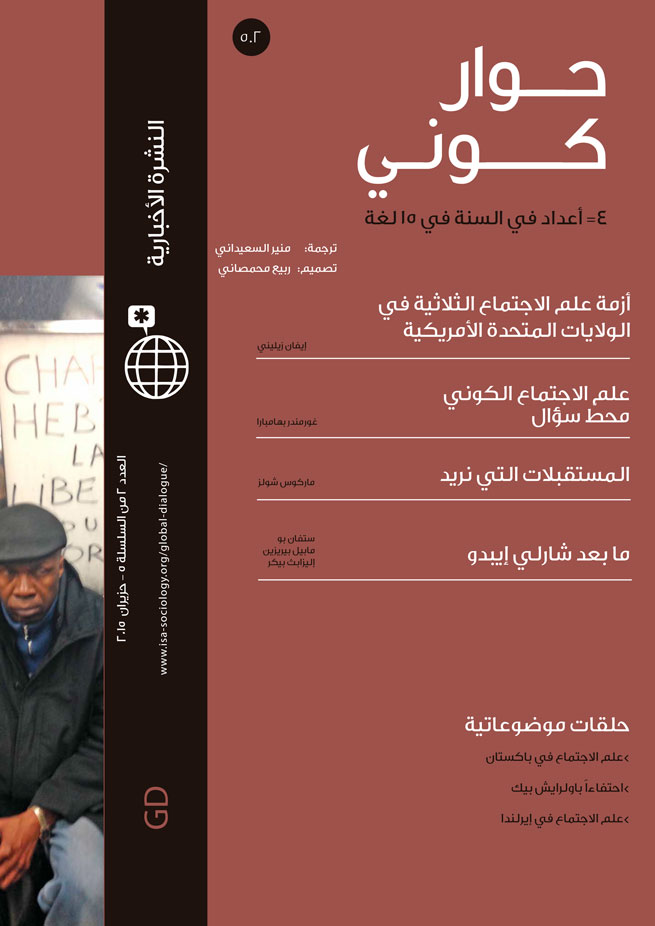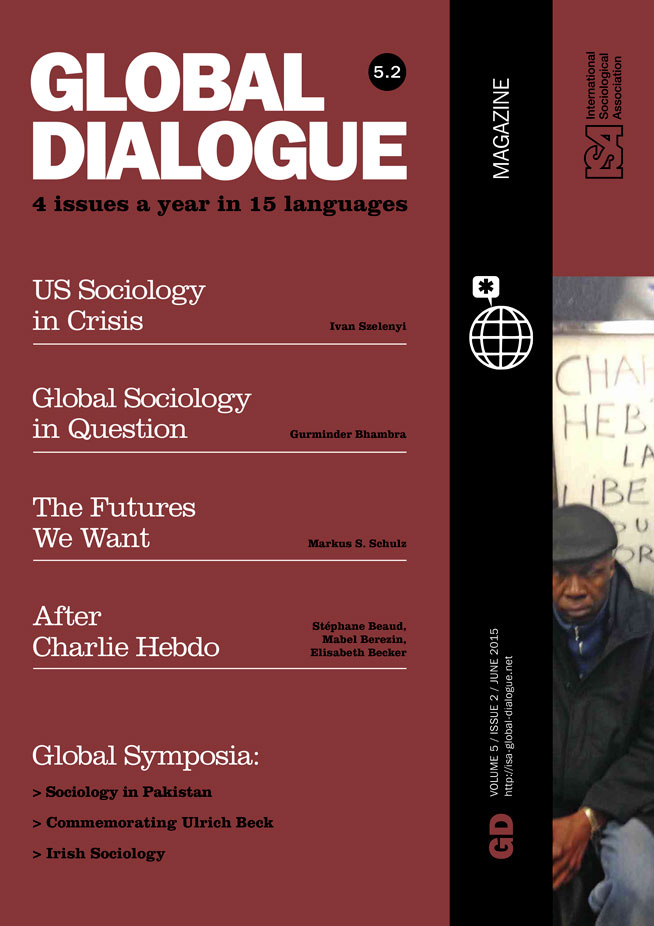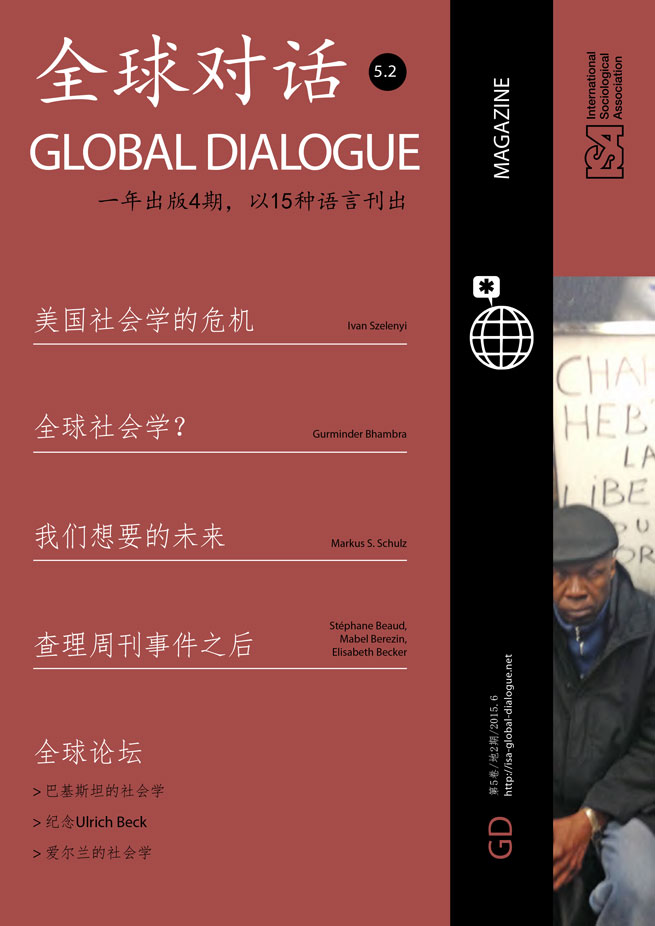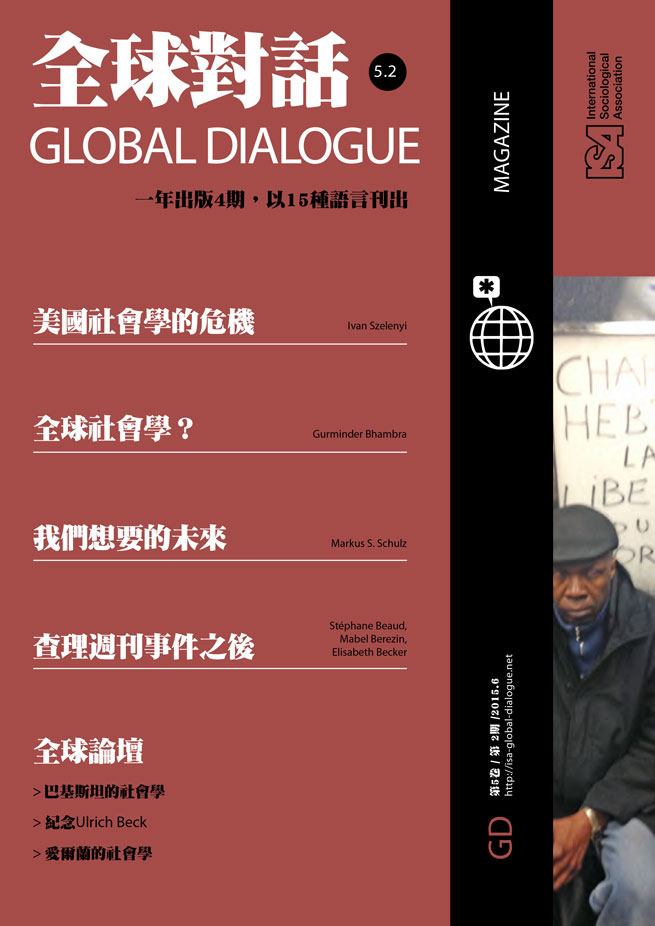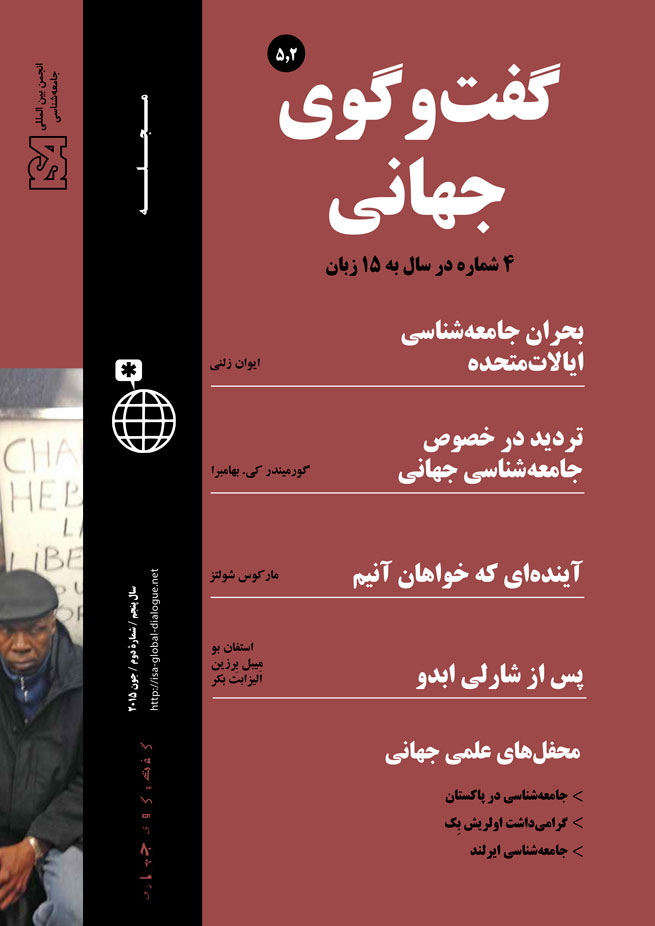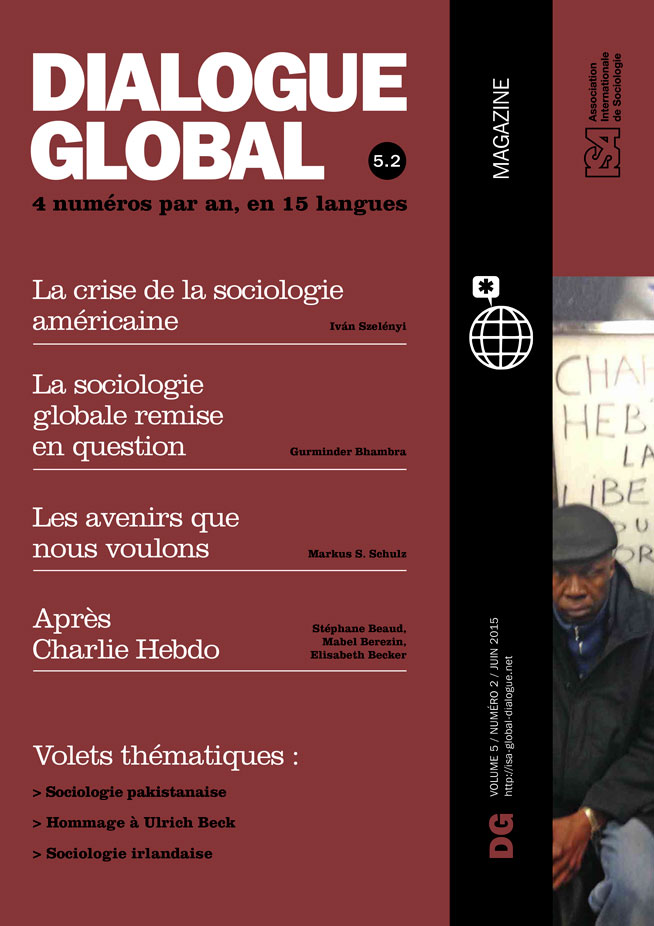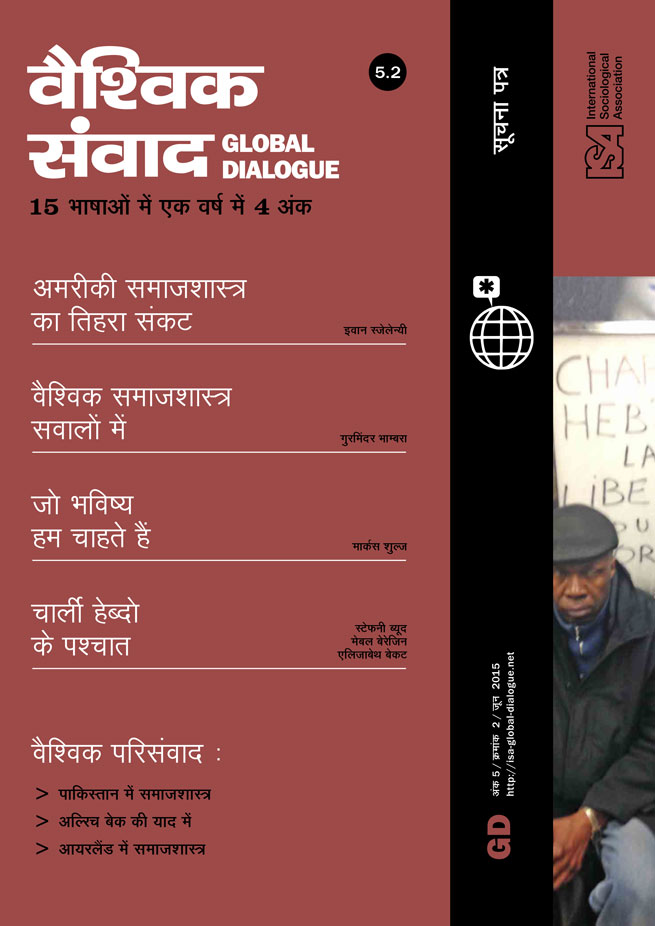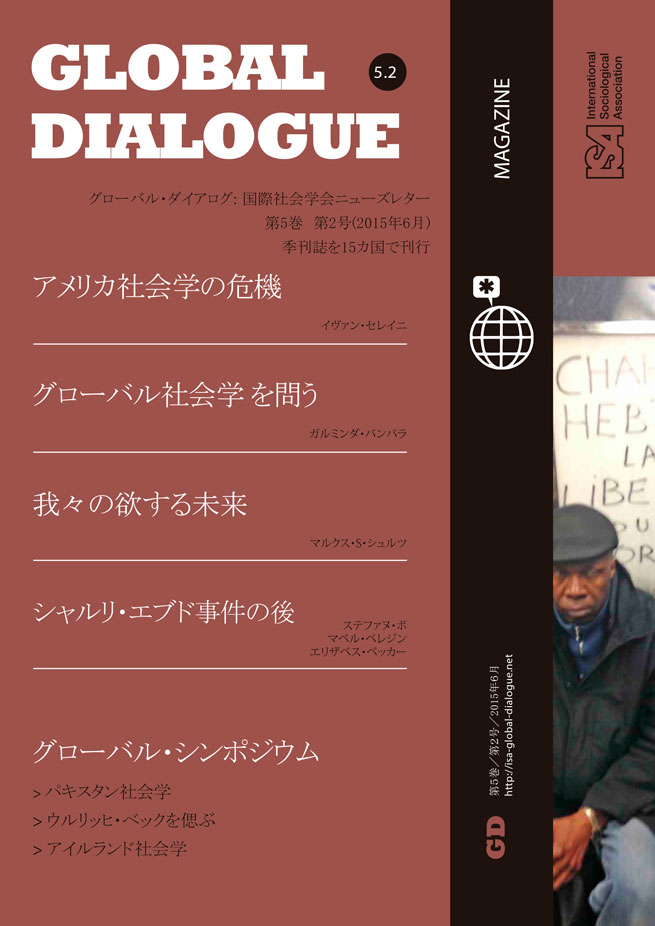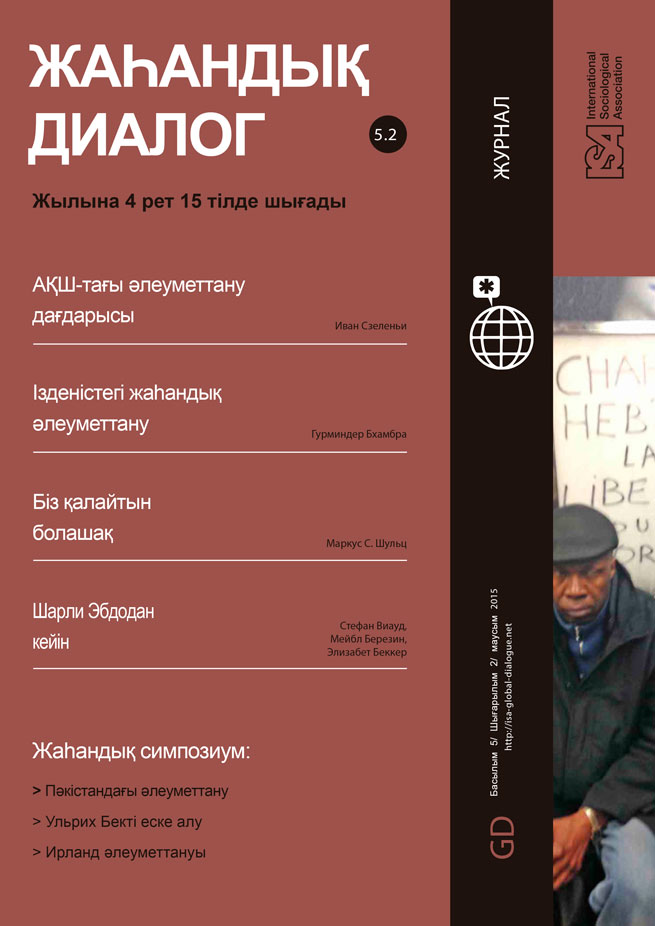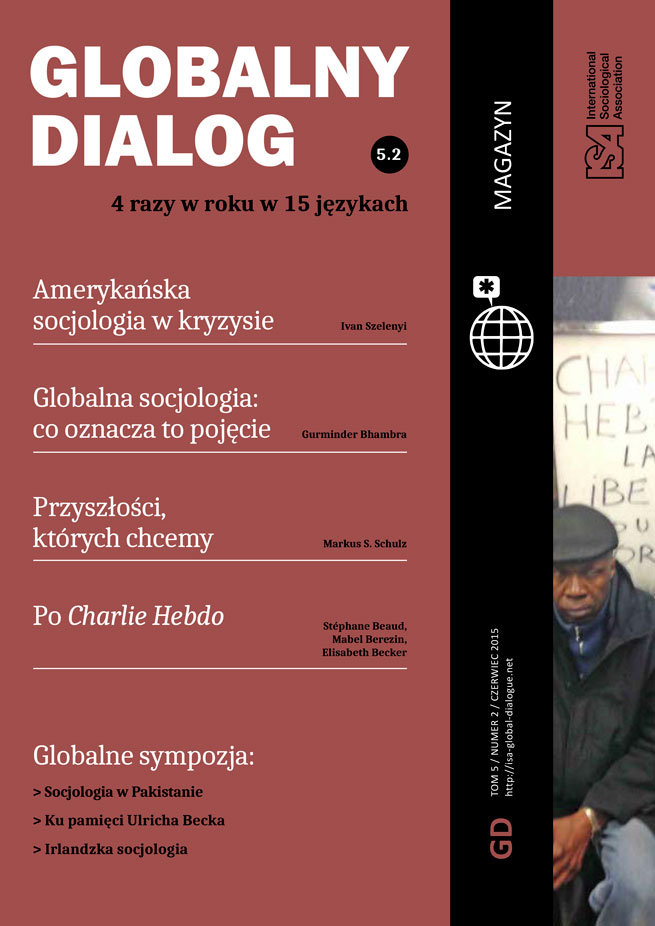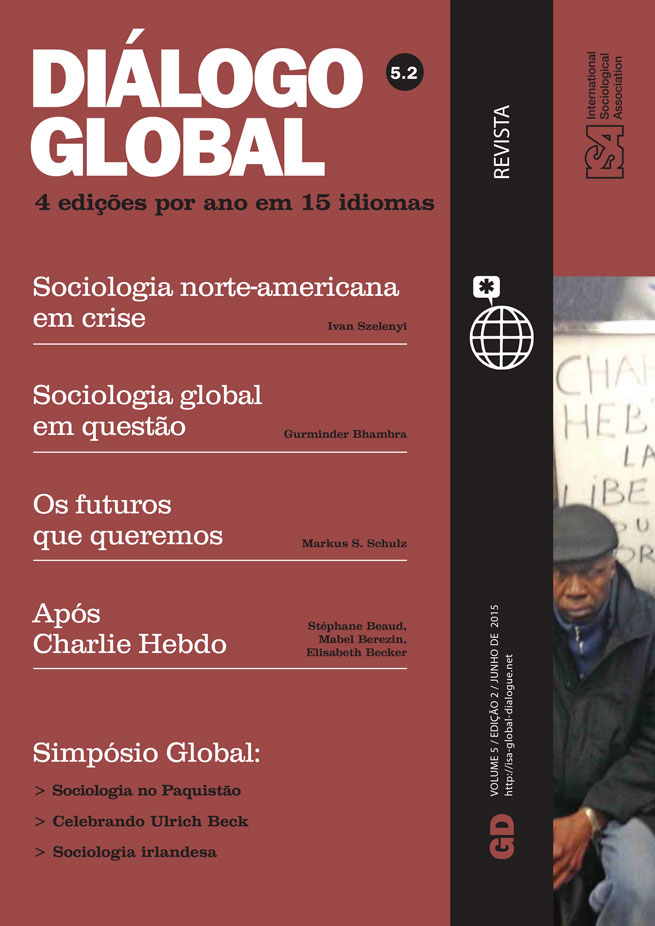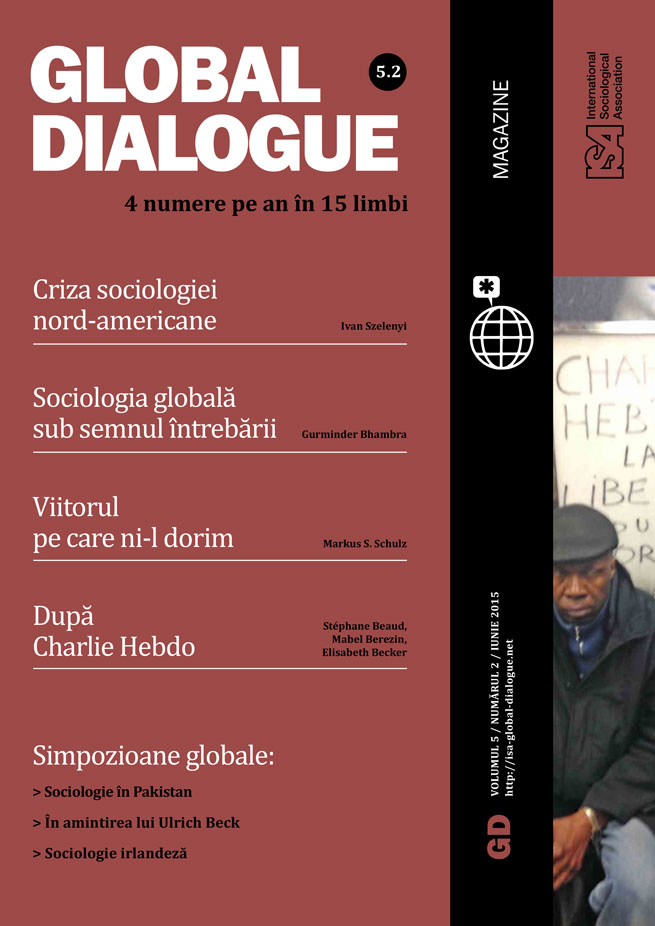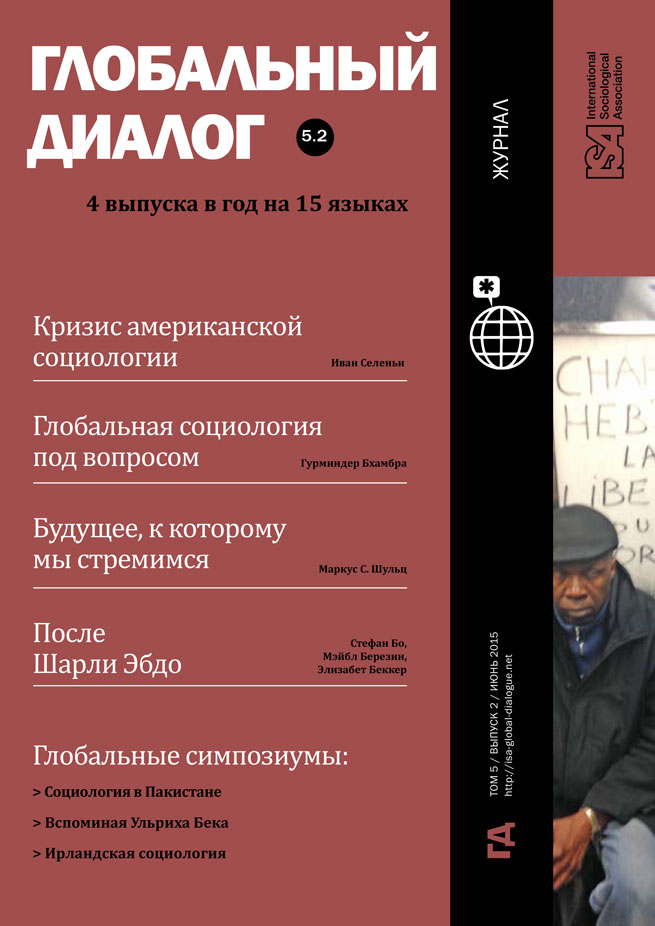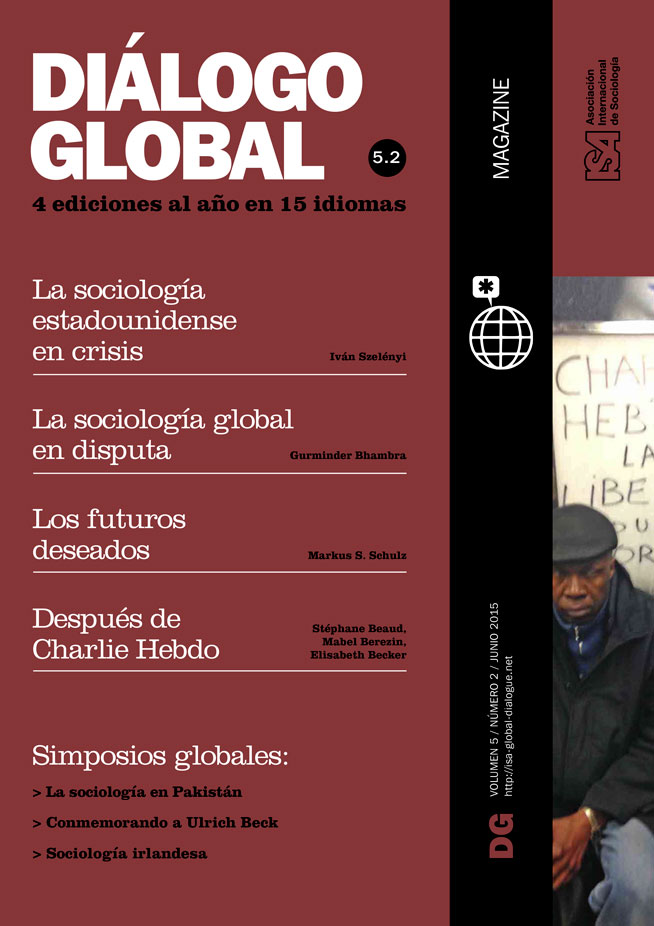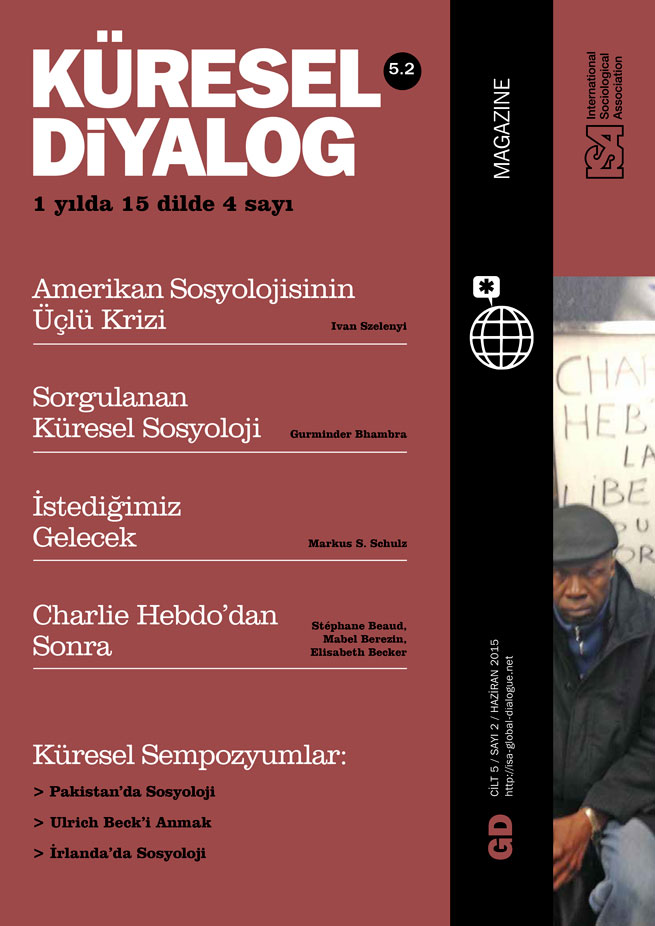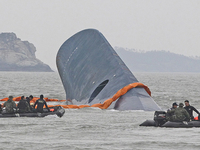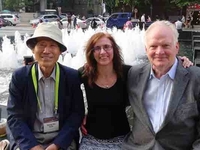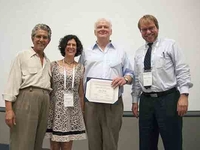Ulrich Beck’s Divergent Influences in North America
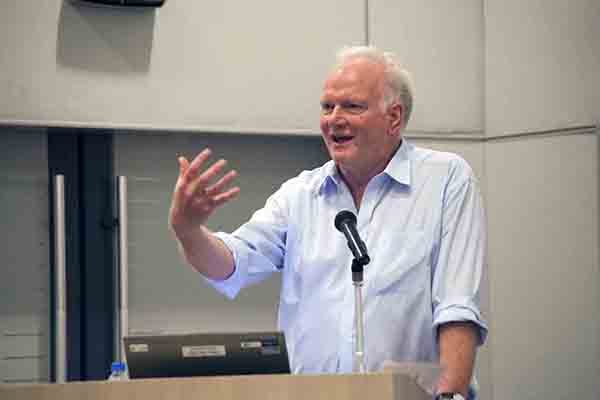
April 30, 2015
Given Ulrich Beck’s unrelenting commitment to cosmopolitanism – something that he not only theorized, but lived and deeply felt – perhaps it is appropriate that a commemorative article about his role in North American sociology should be written by a Japanese-French-Canadian sociologist. While I had long been familiar with Beck’s work, I first met him when he visited Toronto in the mid-2000s. I vividly remember his fascination with the city’s embrace of architectural modernism (symbolized by its City Hall designed by Finnish architect Viljo Revell) and his enthusiasm for its ethno-cultural pluralism –Toronto being one of the world’s richest social laboratories for the study of diversity. Of course, these themes were among Beck’s core intellectual concerns, and as we walked and talked, I discovered that, beyond their intellectual resonance, reflexive modernization and cosmopolitanism were practical, everyday questions for him.
In assessing Beck’s impact in North America, we need to distinguish between at least three territorial-cum-intellectual sociological worlds. His greatest influence is probably on French-language Québécois sociology – not surprisingly, given its historical ties with European sociological thinking. Several of Beck’s central concepts and lines of argument serve as reference points for major Québécois sociologists, who have engaged with notions of risk society and reflexive modernization in writings on modernity and postmodernity (Michel Freitag, Joseph Yvon Thériault), on the rise of individualization (Daniel Dagenais), and with Beck’s notion of cosmopolitanism in reflecting on pan-American transcultural practices (Jean-François Côté). In fact, the most established Québécois journal of sociology, Sociologie et sociétés, devoted a special issue to cosmopolitanism in 2012, using Beck’s writings as a point of reference.
A second North American sociological world is formed by English-Canadian sociology, which – befitting its position as an intersection between European and US sociological poles – is marked by an intermediate degree of engagement with Beck’s œuvre. Although perhaps less visible in English-speaking Canada than in Québec, his writings have affected at least three disciplinary subfields: the sociology of securitization and surveillance, notably regarding the links between new security regimes and risk assessment (David Lyon, Sean P. Hier, Daniel Béland); environmental sociology, via case studies of institutionalized public management of locally-based risk problems and sites (Harris Ali); and Canadian political economy, especially in relation to precarious employment (Leah Vosko).
US sociology, by far the largest, of the three North American zones, is the one within which Beck’s work left the lightest imprint; US exceptionalism is particularly striking when compared to Beck’s influence in Europe, Asia, or South America (to which the other articles in this issue of Global Dialogue attest). It may be tempting to fall back upon the well-worn and rather facile juxtaposition of US empiricism and European theoreticism to explain this anomalous situation, but more substantive factors are at play. From an institutional perspective, no US-based network of Beckian collaborators or followers disseminated his ideas via leading US sociology departments (Michigan, Wisconsin, Chicago, Berkeley, Harvard, etc.) or journals (American Journal of Sociology, American Sociological Review, etc.). Moreover, instead of aiming for a unified analytical framework, Beck preferred to write articles in an essay style, through which he could develop a shifting conceptual apparatus in reaction to rapidly changing socio-historical circumstances. Hence, his concepts were not readily made operational for the purposes of detailed and precise empirical investigations of various domains of social life. In this respect, his rather muted visibility within US sociological circles resembles that of Zygmunt Bauman; the limited impact of both these thinkers stands in sharp contrast to Bourdieu’s quasi-canonical presence. Additionally, to use Michael Burawoy’s influential taxonomy, Beck was a traditional public sociologist whose work does not fit neatly within the strictures of US professional sociology. His public intellectual activity – most recently, his critiques of German Chancellor Angela Merkel (or, as Beck called her, “Merkiavelli”) and her project of a German-centric Europe – was not widely known in the US, though it reflected the kind of publicly and policy-minded sociology for which Burawoy, Orlando Patterson, Michèle Lamont and other prominent US-based sociologists have been calling.
At the same time, however, Beck’s influence can be found in many segments of US sociology. Major figures, including Jeffrey C. Alexander, Craig Calhoun, and Saskia Sassen, have substantially engaged with his writings, while the notion of risk society has become a central tenet of US environmental sociology and certain strands of the sociology of science and technology (particularly those dealing with the organizational management of risk and techno-scientific risk policy). Interestingly, Beck’s call for methodological cosmopolitanism was heeded avant la lettre in US-based feminist sociological analyses of intersectional modes of domination, world-systems theorists, comparative-historical sociologists studying civilizations or empires, multi-sited global ethnographers, and political sociologists exploring transnational “contentious politics,” amongst others. This is to say, then, that an implicit – oftentimes unsuspected – affinity has been operating for years between Beck’s critique of methodological nationalism and some of the most dynamics currents of US sociology.
To continue his legacy, I would propose four research themes that build upon his interests. The first would examine the socio-political implications of ever-accelerating cycles of emerging global risks. This would include understanding the highly selective processes whereby organizations symbolically and politically constitute certain developments as urgent risks (e.g., terrorism) while neglecting others (e.g., systemic poverty and structural violence). Second, we should foreground the impact of global forces on social phenomena – no matter what their analytical scale – and thereby problematize, rather than take for granted, the character of “the social” as our object of study. Third, we should try to better understand the functioning of actors and institutions that present egalitarian and culturally pluralistic collective projects sympathetic to cosmopolitanism, but, just as importantly, make sense of anti-cosmopolitan, jingoistic forces that are a significant presence in global civil society. Fourth, we could develop data collection and methodological tools that do not solely or implicitly take the nation-state as their default unit of analysis, in order to compare and contrast supra- or sub-national phenomena, actors, and institutions (such as cities, regions, or transnational corporations). Beck has, indeed, set an agenda as well as a framework for addressing the pressing issues of our time.
Beck and I last met in December (2014), at a Paris workshop on cosmopolitan data and research methods, when he spoke with great enthusiasm of his forthcoming book, The Metamorphosis of the World. He saw it as his magnum opus, an argument for a new social scientific worldview and frame of reference that could analyze the metamorphic changes that we are witnessing today. This was but the latest of his visionary ideas, and yet more evidence of his “big picture” intellectual creativity. On the last night of the workshop, I had dinner with a friend at a small traditional bistro, the kind that is disappearing quickly from Paris’s central arrondissements. As we were leaving the restaurant, we realized that Beck and his wife, Elisabeth Beck-Gernsheim – a first-rate sociologist in her own right – were just ahead of us and thus must have dined there as well. We didn’t want to intrude as they walked away, but we caught a brief glimpse of them, walking hand in hand, before they gradually were swallowed by the chilly, foggy air of that Parisian night. This will be my lasting memory of Ulrich Beck, a man of great intellect and a gentle soul, wandering the streets of our social world. His death is a great loss to me on a personal level, to sociology, and to the social sciences as a whole.
Fuyuki Kurasawa, Department of Sociology, York University, Toronto, Canada and Board Member of the ISA Research Committee on Sociological Theory (RC16) <kurasawa@yorku.ca>

